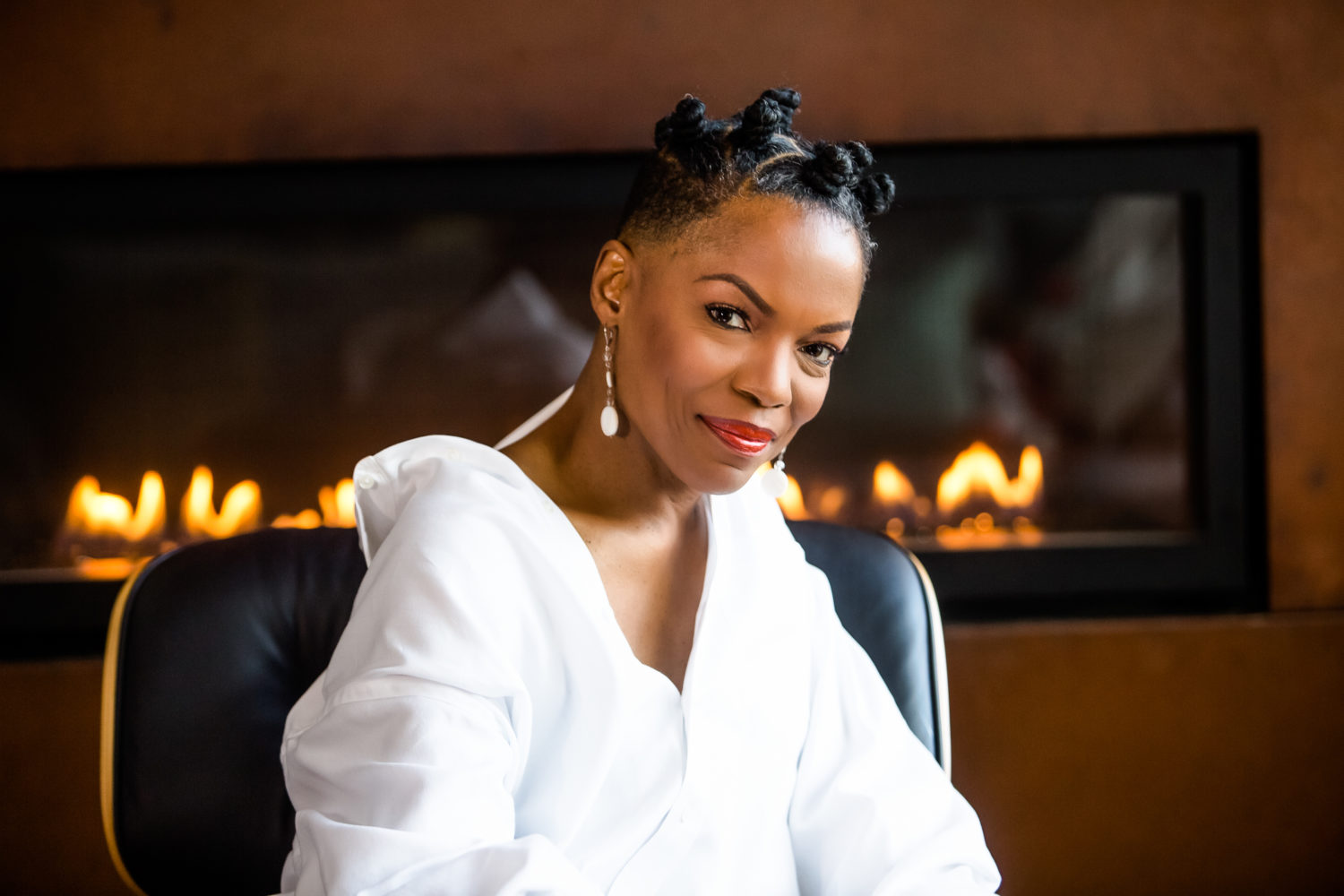From Lana Del Rey to Led Zeppelin: The 131st LA Weekly playlist, reviewing the musicians that we’ve been writing about all week, is live now. There’s electronic music from Gaiser, hip-hop from Flo Milli and Pooh Shiesty, rock from the Manic Street Preachers and Little Caesar, indie from (London) Suede, pop from Lana Del Rey, and so much more.
Find us on Spotify here,
Don’t forget to “Like” the playlists and “Follow” the profiles.

Nnenna Freelon (Chris Charles)
From Lana Del Rey to Led Zeppelin
Also this week:
Print star Nnenna Freelon told us that, “My husband [celebrated architect Philip Freelon] passed in 2019 and so I call it a sonic love letter to him. It’s also where I was in my musical spirit, and in my personal spirit at the time. So it’s the record I had to make. There are tunes that we loved, there are tunes that express my worldview from the shores of grief. It’s not a sad record I don’t think, but it points out that music does have the power to allow you to travel through time. Some of these tunes are 30, 40 years old. Others are more recent. I wrote a tune for the project. So it has that transformative and transportive power to take you to a space and time. That’s power we don’t always use.”
In “Not Another DJ, Gaiser said that, “Studying classical music and learning scales and chords early in life has definitely helped me later on, when it came time to work with MIDI and sequencers in the studio. And studying percussion and playing drums has helped me to balance out the non-melodic side of production with programming drums and percussion. Everything you learn when it comes to music can be very beneficial in one way or another, no matter what kind of music it is you are playing. Music is a universal language and so many things are based on the same principles just being applied in a different way. I was a skater kid and played drums in a few punk bands until I saw Richie Hawtin play for the first time, and that opened my eyes to a whole new world of electronic music. From that moment on, I quit playing in bands, and started collecting every synth and drum machine that I could get my hands on. I spent a lot of time digging through records at a place called Record Time in Detroit. Richie Hawtin had the Plus 8 / Minus offices in the back of the building, so it wasn’t long before I became friends with the guys. Eventually, after Rich heard some of the things I was working on, we decided to release it on his label, Minus.”
Editor’s note: The disclaimer below refers to advertising posts and does not apply to this or any other editorial stories. LA Weekly editorial does not and will not sell content.
Advertising disclosure: We may receive compensation for some of the links in our stories. Thank you for supporting LA Weekly and our advertisers.

